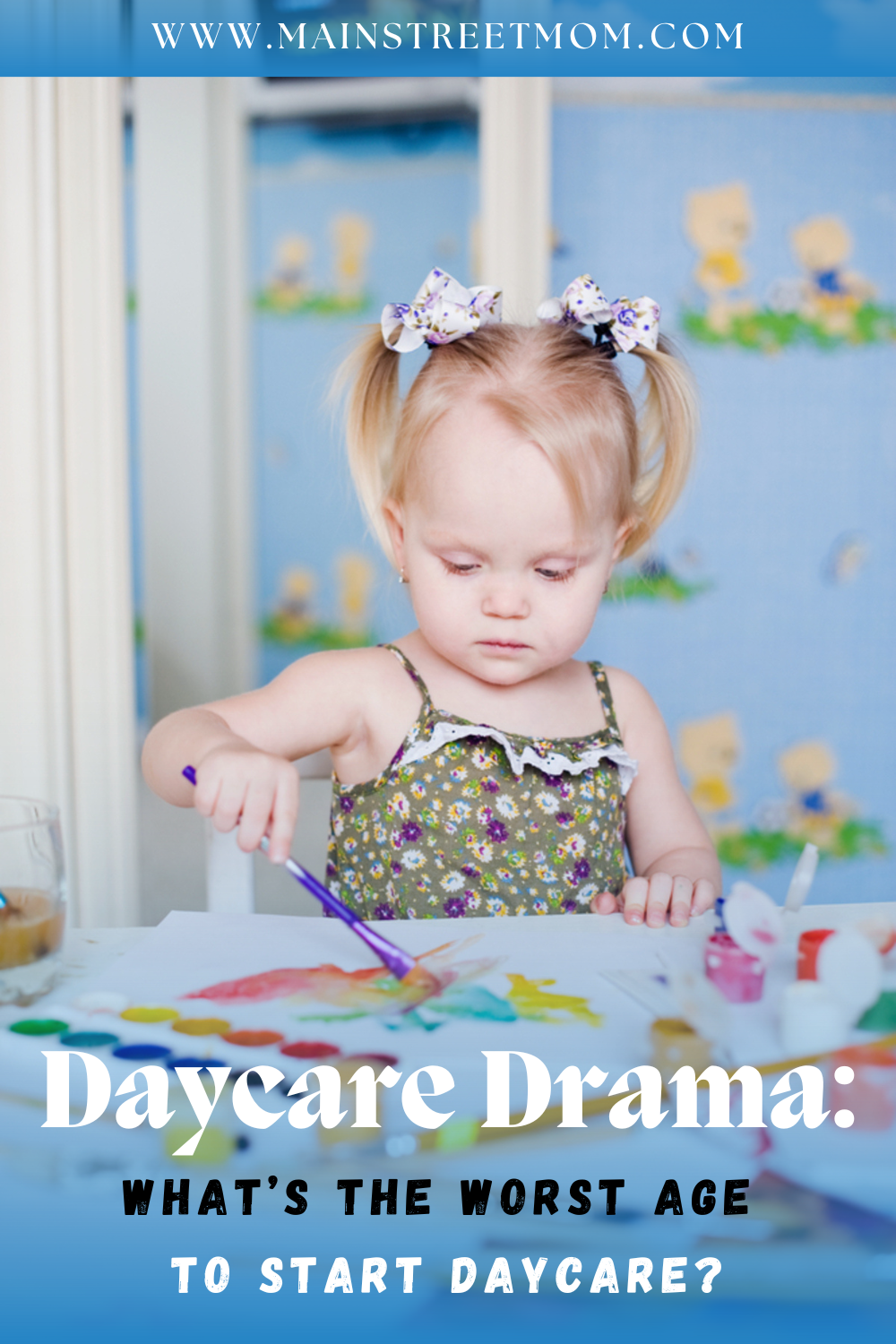Working parents know the struggle of planning to return to work, figuring out which daycare to choose, and fighting the urge to deem each one of them unbefitting of their child. Whether you’re going through that process right now or you’re trying to figure out what’s the worst age to start daycare out of boredom, we’ve got your back.
We highly doubt that anyone would suffer through the chore of choosing the right daycare or the right time to start daycare out of boredom, though.
On one hand, daycares are beaming with benefits because they’re a place where children can get together, play, acquire new skills, gain knowledge, and develop.
On the other, daycares can become a nightmare for children that aren’t ready to converse with other children, spend time away from their parents, and spend time doing things they’ve never done before.
Children that start daycare too early are known to go through an array of problems such as stress, separation anxiety, and behavior problems. Worrying about the worst age to start daycare doesn’t sound out of pocket anymore, right?
Daycares put your child on the spot for the first time ever, and that’s why most children aren’t ready for it before they’re 12 months of age. Depending on physical and emotional development, though, some children might be ready at 6 months and some might not be ready at 2 or 3 years.
With that out of the way, the worst age for daycare would be the one when your child’s not ready. Before we delve deeper into that, we’re bringing you everything you need to consider before starting daycare to ensure you make the right decision.
What to consider before starting daycare?

1. Make sure your child’s physically and emotionally ready for daycare
We understand that there are times when parents don’t have the chance to overthink and overanalyze the right moment for daycare because they’re returning to work. More often than not, parents send children to daycare before they’re physically and emotionally ready because that’s the only option they’ve got.
Now, when you’re a parent that needs to go back to work, use the time you have to teach your child to follow routines (eat at a certain time or take a nap at a certain time), communicate verbally or non-verbally, or even understand commands.
When you have the time to figure things out, though, make sure your child’s ready for daycare. Children that possess some sort of autonomy and ability to take care of themselves, can follow routines without crying, play with other children without fighting, and communicate with caregivers are ready for a few hours of daycare a day.
2. Choose the right daycare for your child
We brushed over the fact that the worst age to start daycare happens to be the one when your child’s not ready. While that’s one of the toughest decisions you’re going to make when you’re going back to work, choosing the right daycare for your child comes a close second.
What does the right daycare entail, then? Other than the mandatory safety measures, great hygiene, and trained caregivers, choose the daycare that’s going to meet your child’s needs.
A good daycare should be able to work with your child’s medical, dietary, physical, and emotional needs. Additionally, a great daycare should be able to provide your child with a safe, sensitive environment and a considerate caregiver that’s responsible for a smaller number of children and is available year-round.
3. Manage the amount of time your child spends there at first
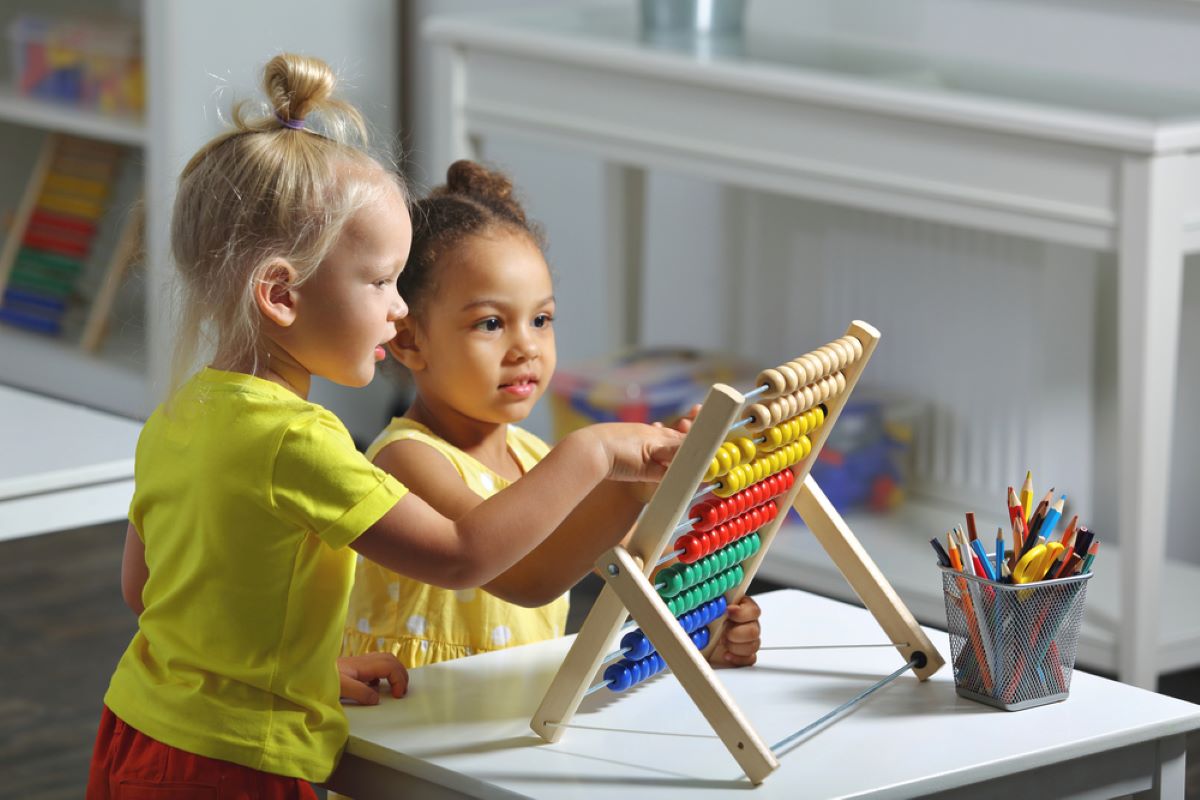
Once you decide on the right daycare, don’t shy away from going through the process of getting used to the daycare. What do we mean by that?
Children, especially younger children, might have a hard time spending hours away from home every day. Change that by allowing your child to slowly transition from spending the day at home to spending the day at the daycare.
Children that are prone to anxiety and stress might need to spend an hour to an hour and a half at the daycare each day and bring those numbers up as time goes by. On the other hand, children that are more autonomous might be able to spend the day at the daycare from the get-go (or start with three or four hours a day).
What’s the worst age to start daycare?
OK, there’s no such thing as the best or the worst age to start daycare.
Whether you send your child to daycare at 3 months or 3 years old, you’re going to go experience a period of getting used to the new situation, feeling guilty over not spending enough time with your kid, and worrying whether or not you made the right decision.
Worry not, though, because each age comes with a set of advantages and drawbacks you can expect when you send your child to daycare. Read more down below!
1. 6 months old
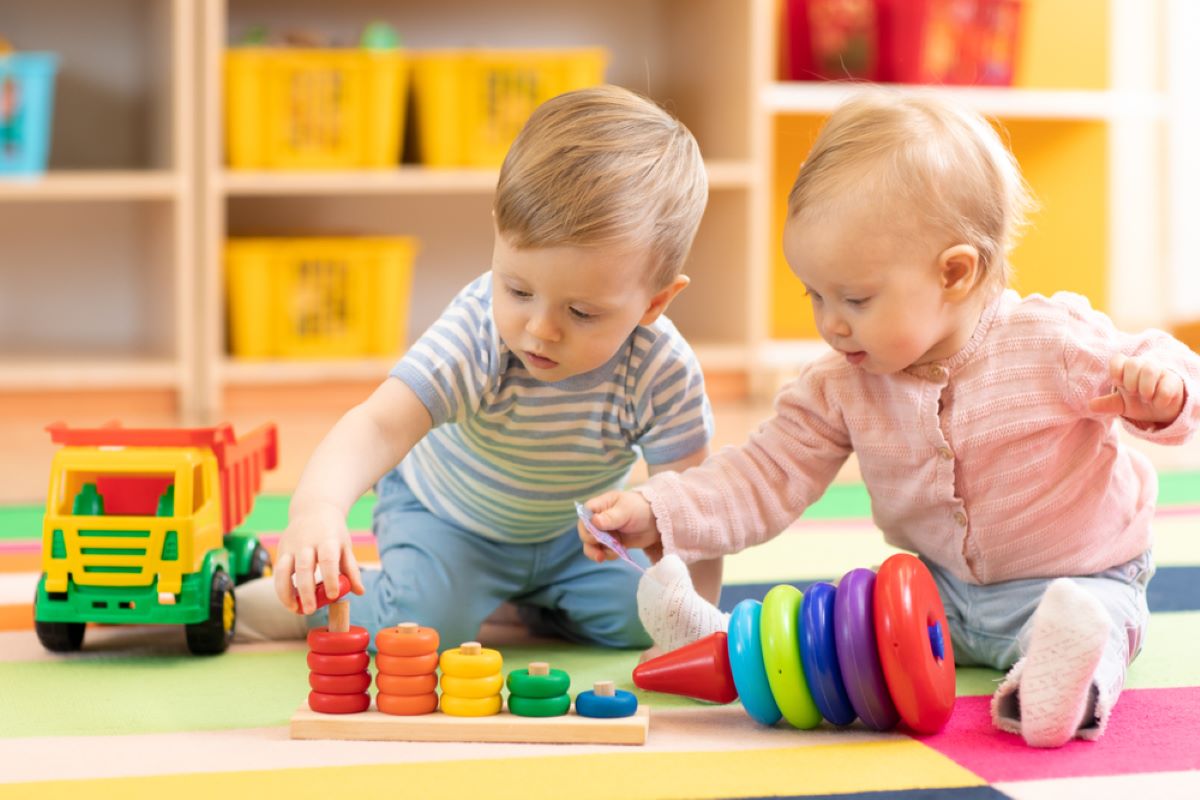
Starting your youngest one at daycare might be one of the toughest things you’re going to do, but that doesn’t mean that there’s something wrong with it. Now, 6 months doesn’t sound like enough time to teach your baby everything she needs to know before she starts daycare (and that’s OK).
Additionally, some studies suggest that children who attend daycares from a young age make better progress with the development of cognitive skills and language ability than children who don’t.
And, to make matters even better, children who attend daycares have more opportunities to converse and play with other children, as well as to learn to share. However, there’s always a chance that your child might not be ready for daycare which might affect the way he or she behaves at the end of the day.
2. 12 months old
Come on, 12 months sounds great for a million reasons! Most people agree that there are too many things to keep an eye on when you’re sending your child to daycare before the 12-month mark because there’s a chance that your child might not be physically or emotionally ready.
Moreover, children that are older than 12 months tend to understand the whys and hows better, adapt quicker, and overcome the stress of being away from home more successfully. Not to mention that they’ve gone through numerous milestones that have prepared them for daycare (sleeping habits, feeding habits, etc.).
3. 3 years old
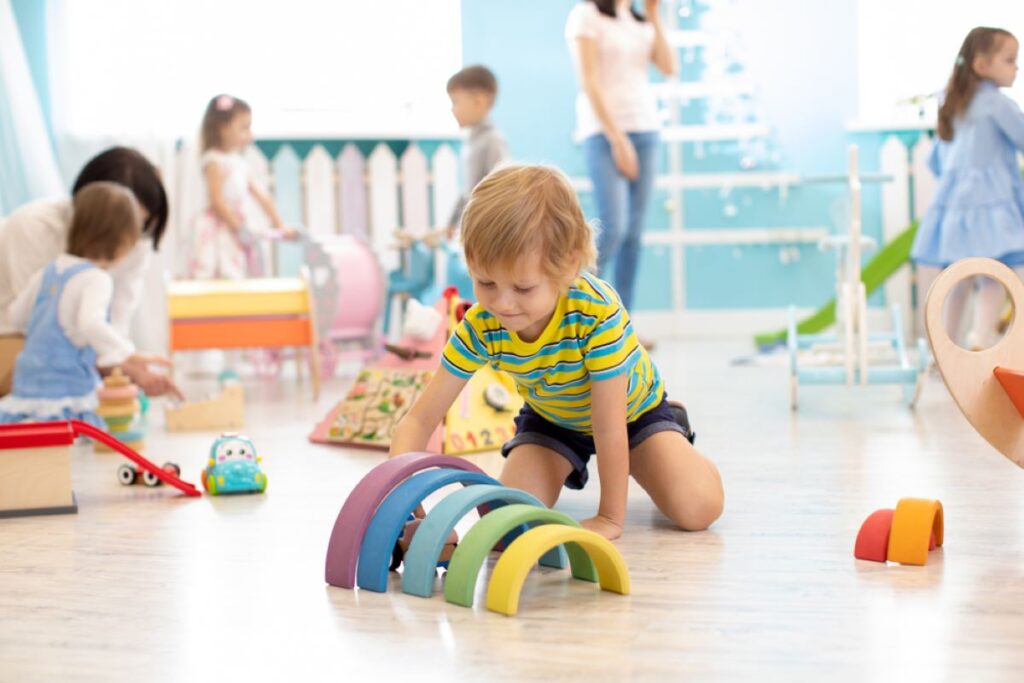
Children are a force to be reckoned with, am I right? While some children might be comfortable spending time away from home right away, others might not be ready for that even when they’re two or three years old – and, there’s nothing wrong with that.
Children develop at different paces, and we need to understand that what’s good for one child might not be good for the other.
Contrary to the popular belief, there’s something great about spending more time with your children while they’re growing up, bonding with them, watching them grow, and sending them to daycare when they’re ready.
On the off chance that you don’t have to go back to work or that you don’t have to choose daycare over grandmas, babysitters, and nannies, don’t shy away from postponing it.
What are the risks of starting daycare too early?
1. Broken bond between the parent and the child
Here’s the thing, the worst age to start daycare might not be defined as 6 months or 9 months. However, that doesn’t mean that children can’t (or won’t) be negatively affected by starting daycare before they’re ready.
Children crave that sense of safety and security they have when they’re with someone who cares for them on a regular. Children need one-on-one attention to bond with that person and to experience that strong sense of “That’s my mom!” or “That’s my dad!”
When children start daycare before they’re ready, they might not have enough time to create that bond and they might end up growing apart.
2. Separation anxiety and stress
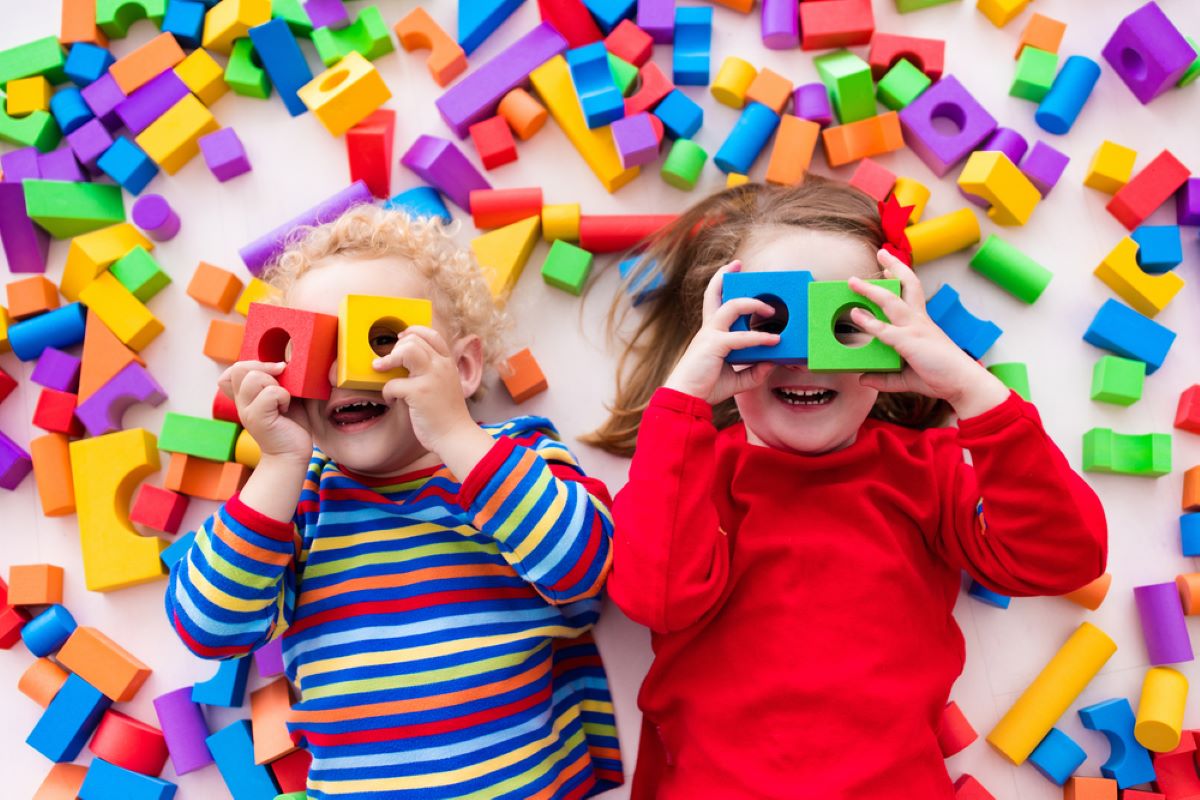
Other than that, children experience separation anxiety and stress when they’re not ready for daycare, too. Throwing tantrums, screaming, crying, clinging to the door, or refusing to go with the caregiver are some of the behaviors that occur.
Therefore, the entire process of growing accustomed to the daycare might be tainted. Luckily, separation anxiety can be “cured” and prevented by allowing your child to meet the caregiver beforehand, spend an hour a day at the daycare for a week, and arrange a simple, silly goodbye routine.
3. Aggression, tempter tantrums, and other behavior problems
Aggression, temper tantrums, and a bunch of other behavior problems are often caused by separation anxiety and stress – which means you can combat them by preventing separation anxiety.
At the end of the day, children need reassurance, affection, and attention. They need to know that we aren’t going to turn a blind eye to whatever they’re concerned about.
Maybe your child doesn’t like the daycare you chose and keeps throwing temper tantrums because of that. Perhaps your child doesn’t agree with other children and doesn’t know how to express that. Whatever the case might be, make sure you consider your child’s situation carefully.
Daycares aren’t a “one-size-fits-all,” and you might need to go through a little trial and error period before you uncover one that’s perfect for you and your child.
Read more: How To Label Bottles For Daycare: 4 Fun And Easy Ideas
